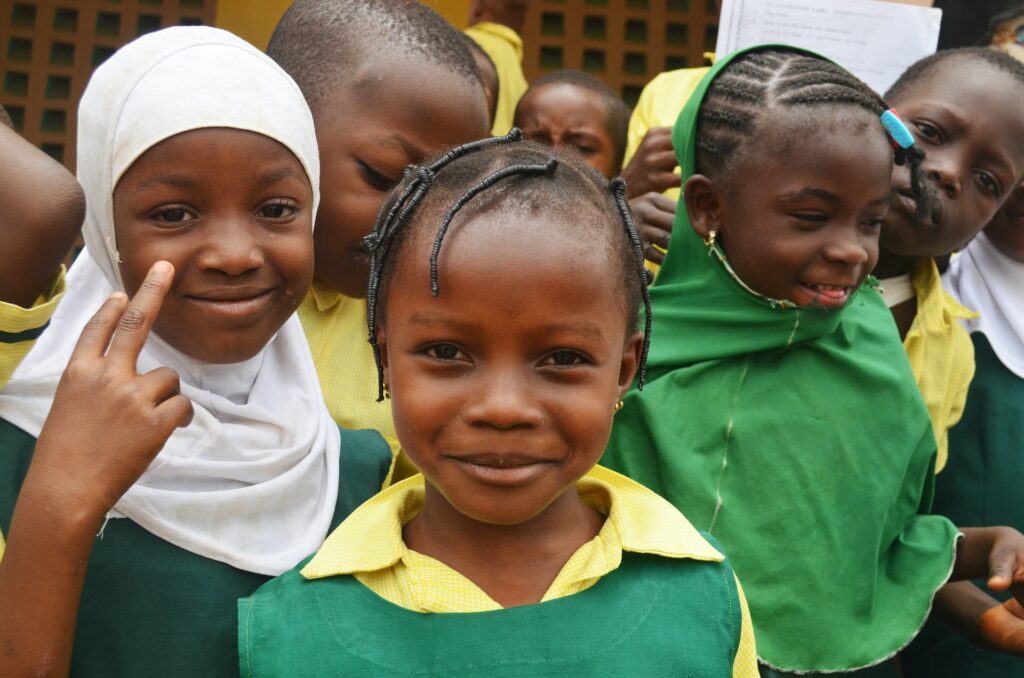Prince Harry and Meghan Markle, the Duke and Duchess of Sussex, have captivated global audiences with their dynamic approach to royal duties and their commitment to humanitarian causes. Among the many regions impacted by their philanthropic efforts, Africa holds a particularly special place. This article explores the African legacy of Harry and Meghan, examining their deep-rooted connections to the continent, their various charitable initiatives, and the lasting impact of their work on African communities.
Prince Harry’s connection to Africa began at a young age, following the death of his mother, Princess Diana. He has visited Africa numerous times, personally and professionally, marking significant milestones in his life. Botswana has been a sanctuary for Harry, where he and Meghan spent time early in their relationship, deepening their bond away from the public eye. Harry’s passion for wildlife conservation has also tied him to Africa, as he has been actively involved in various projects to protect endangered species like rhinos and elephants from poaching. His patronage of organizations like Rhino Conservation Botswana and African Parks demonstrates his dedication to these efforts.
Meghan Markle, a humanitarian and advocate for women’s rights, has been actively involved in African causes. In 2016, she partnered with World Vision Canada to promote clean water initiatives in Rwanda, highlighting the importance of safe drinking water for children’s health and education. Her work with UN Women, focusing on gender equality and women’s empowerment, resonated deeply with many African communities, particularly in education and leadership opportunities for women and girls.
Since their marriage in 2018, Harry and Meghan have been philanthropically committed to addressing Africa’s pressing challenges. They have been involved in the Queen’s Commonwealth Trust (QCT), which supports young leaders across the Commonwealth. Their work has had a profound impact on African youth, providing them with the resources and support needed to drive positive change in their communities. They have supported numerous African youth-led initiatives focusing on education, healthcare, and entrepreneurship, empowering young people to become leaders in their communities.
The couple has also highlighted and visited African projects, bringing international attention to local efforts, which has attracted additional funding and support. In 2006, Prince Harry co-founded Sentebale, a charity that supports children and young people affected by HIV/AIDS in Lesotho and Botswana. Sentebale provides education, psychosocial support, and life skills training to improve the lives of vulnerable children. The charity runs mobile clinics and supports local schools, ensuring children receive the care and support they need. Sentebale also offers psychosocial support through clubs and camps, helping children build resilience, develop coping mechanisms, and foster a sense of community.
In 2019, Harry and Meghan embarked on a tour of Southern Africa, focusing on diplomatic and charitable engagements and their commitment to African issues. They visited South Africa, Botswana, Angola, and Malawi, where they met with community leaders and organizations working on gender-based violence, mental health, and youth empowerment. Meghan’s focus on education and women’s rights was evident in her visits to local schools and women’s groups. In Angola, Harry retraced his mother Princess Diana’s steps in the fight against landmines, highlighting the lasting impact of her humanitarian work. In Malawi, the couple focused on healthcare and education, visiting local hospitals and schools, and working with local rangers and conservationists to promote wildlife protection efforts.
Harry and Meghan’s humanitarian work has had a lasting impact on African communities, providing immediate relief and support while fostering long-term sustainable development. Their initiatives have focused on empowering women and girls, focusing on education, healthcare, and economic opportunities for women. Meghan’s advocacy for girls’ education has brought attention to barriers preventing girls from attending school, and her focus on women’s health, particularly maternal health, has improved access to healthcare services for women in underserved areas.
Prince Harry’s dedication to conservation has resulted in significant benefits for African wildlife and ecosystems. He has supported organizations like Rhino Conservation Botswana and African Parks, preserving endangered species and their habitats, and promoting sustainable tourism. Harry’s approach to conservation emphasizes community-based initiatives, involving local leaders and organizations to create programs that benefit both wildlife and people. He has also been instrumental in addressing the HIV/AIDS epidemic in Southern Africa through his work with Sentebale. The charity’s comprehensive approach includes education, healthcare, and psychosocial support, improving the lives of children and young people affected by the disease. Sentebale’s mobile clinics and partnerships with local healthcare providers have increased access to HIV testing and treatment, reducing the spread of the disease and improving health outcomes. Additionally, Sentebale has reduced the stigma associated with HIV/AIDS, encouraging more people to seek testing and treatment.
Recently, Prince Harry and Meghan Markle visited Nigeria, where they met with government officials, announced a new partnership for their Archewell Foundation, and promoted mental health for soldiers. They attended a fundraiser for Nigeria’s soldiers wounded in the fight against Islamic extremists. Prince Harry played basketball with students at a secondary school in Lagos and learned about a charity organizing basketball camps for African children. Meghan revealed her connection to Nigeria through a genealogy test. The visit included a basketball clinic, a cultural reception, and a polo fundraiser.
Harry and Meghan’s African legacy is a testament to their deep commitment to the continent and its people. Through their charitable initiatives, advocacy, and personal connections, they have made significant contributions to education, healthcare, conservation, and women’s empowerment. As they continue their philanthropic journey through the Archewell Foundation and other endeavors, their work in Africa will undoubtedly remain a cornerstone of their legacy, inspiring positive change and fostering sustainable development across the continent.


